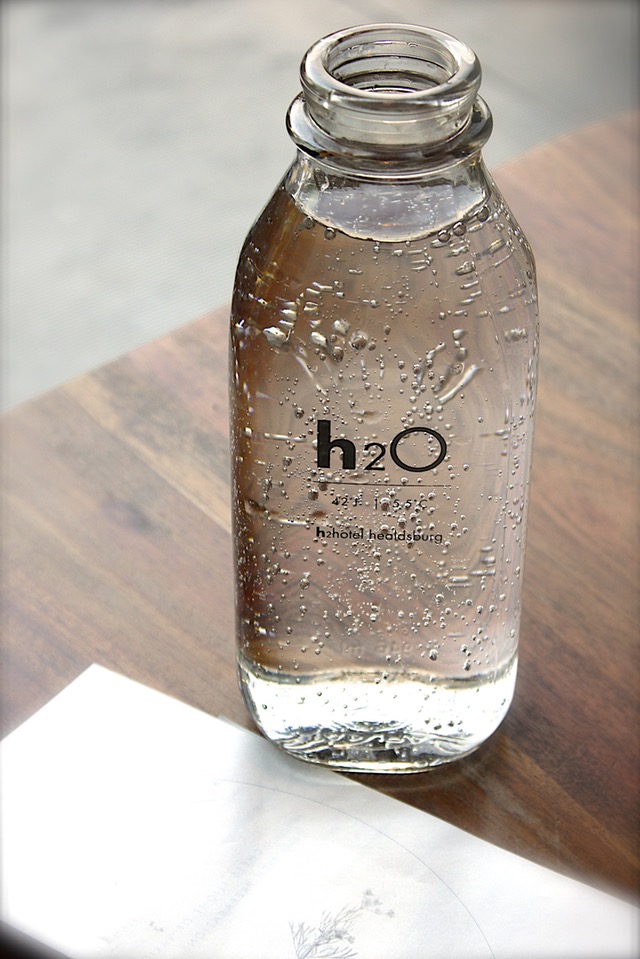Running is an excellent way to maintain cardiovascular health, boost mental wellness and stay toned and fit. It can also do wonders for the health of your gut, as multiple studies have shown. It’s important, however, to prepare well for an extended run, and to recuperate properly afterwards, otherwise, a lot of your hard work will be undone. It’s important to bear in mind that endurance running has many benefits, but can also take its toll on the body. If you bear in mind the tips below, you can minimise the risks and get the most out of your run.
Good hydration
When we run, we sweat, and when we sweat, we can become dehydrated. As well as making sure to drink plenty of water throughout your run, don’t forget to remain hydrated in the hours afterwards. Dehydration can lead to an imbalance in electrolytes, which are important in conducting electrical impulses between nerves in the body. This imbalance can lead to increased heart rate, fatigue, headaches, and confusion, amongst other symptoms.
Hydrotherapy
Water can work outside the body, as well as inside. From relaxing tight muscles to stimulating the circulatory system, the benefits of hydrotherapy are well documented. Your own form of hydrotherapy might be as simple as taking a warm bath or a hot shower, but these can be very effective in relieving muscle soreness after a long period of exertion.
Massage
A study by Science Translational Medicine showed that a post-workout massage could help your muscles recover by actively reducing inflammation. It also found that it can boost amounts of protein in the body that aids in adaptation to endurance exercise, so a massage might also contribute to your performance in your next long run.
Rest
Exercise is a key part of a healthy lifestyle, but overtraining can place a harmful strain on the body. After a long run, your body’s energy stores will be depleted, and your muscle tissues will need some time to repair. After a particularly intense, long period of exercise, a cool-down phase in the day or so afterwards, with much shorter, lower-intensity workouts, gives the body time to recover. Good-quality, uninterrupted sleep is also important. During deep sleep, the body repairs tissue and muscle, and a restful night’s sleep restores energy, ready for the next day’s activity. Eating a balanced, healthy, protein-rich meal a short time after exercise also helps to replace lost energy and repair muscle.
Proper treatment of any injury
Injury is a potential hazard of any physical exercise, and when it occurs, it’s vital to assess and treat the injury to recover effectively. Should you experience significant or intense pain or swelling in any part of your body during a run, or after a fall during exercise, this may be a sign of muscle or joint damage. The sooner you address this by seeking medical attention, the greater the likelihood of a full recovery. Depending on the severity of your injury, it may be advisable to make use of urgent care services or to visit your GP. For top-class care, orthopaedic leading consultants and specialists at facilities like Highgate Private Hospital can assess your injury and provide expert treatment.
Long-distance running can be a fulfilling form of exercise and can keep your heart in top shape, as well as boosting digestive and muscular health. To enjoy the full health benefits of your run, be sure to equip yourself with knowledge of the best ways to recover, so that in the short term, your next run is just as successful, and in the long term, you can continue to meet your fitness goals as part of an active future.

